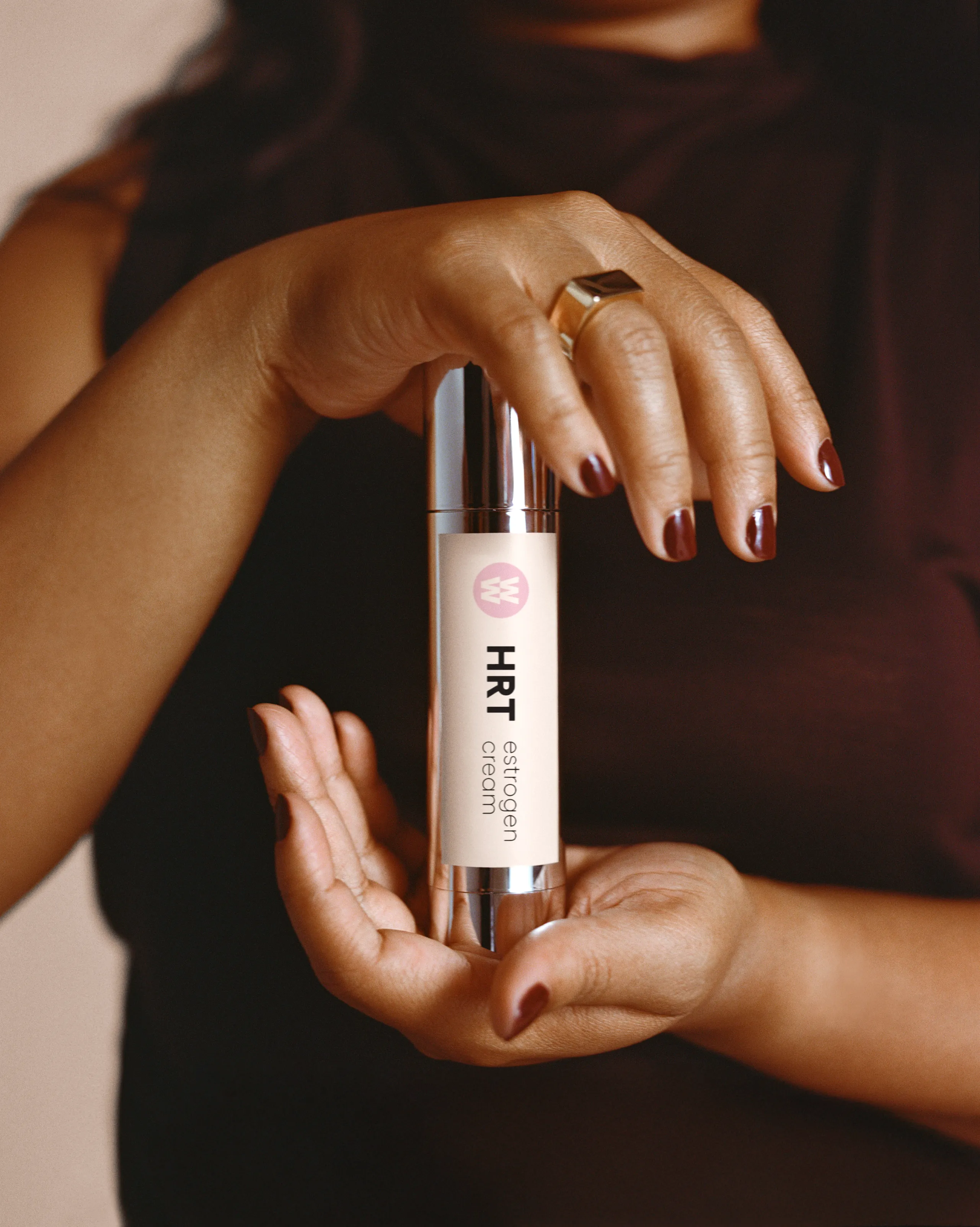Find the right plan for you
WeightWatchers
for Menopause
For women who want a holistic approach to weight-loss and symptom management
STARTING AT
$25/MONTH
Weekly cadence of curriculum, curated by medical experts, to keep you on track
Nutrition guidance and macro tracking for your body’s changing needs
Menopause-trained Coaches and dedicated Workshops to offer support and connections
Access to 1:1 visits with Registered Dietitians to build a personalized nutrition plan*
Clinical Check-In:
$65*
Meet 1:1 with a menopause-trained Clinician in your first month of membership.
Review your symptoms and explore treatment options — no pressure, just clarity.
†Copays & deductibles may apply. Additional fees without insurance.
*GLP-1 and HRT medications not included in membership price. Copays, coinsurance and deductibles may apply. Clinic services available for one month only, unless you purchase a WW Clinic subscription plan.
WeightWatchers
Clinic for Menopause
For women who want ongoing clinical care that’s quick, easy, and compassionate with access to medications, if eligible
$65 your first month
One-on-one visits with menopause-trained Clinicians
Access to menopause medication plan, including GLP-1s and HRT, if you qualify*
Weekly cadence of curriculum, curated by medical experts, to keep you on track
Nutrition guidance and macro tracking for your body’s changing needs
Menopause-trained Coaches and dedicated Workshops to offer support and connections
**Cost of GLP-1 and HRT medications not included, but may be subject to insurance coverage. Your Care Team will help with insurance coverage.







